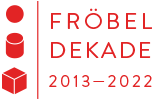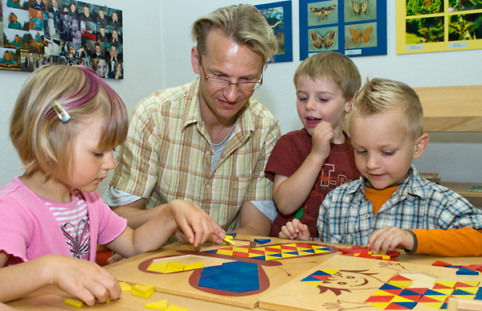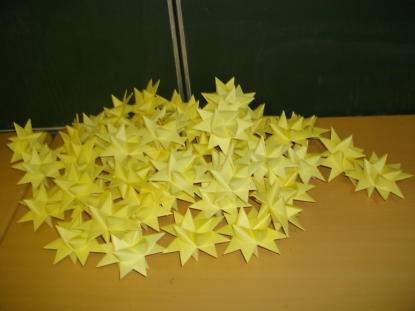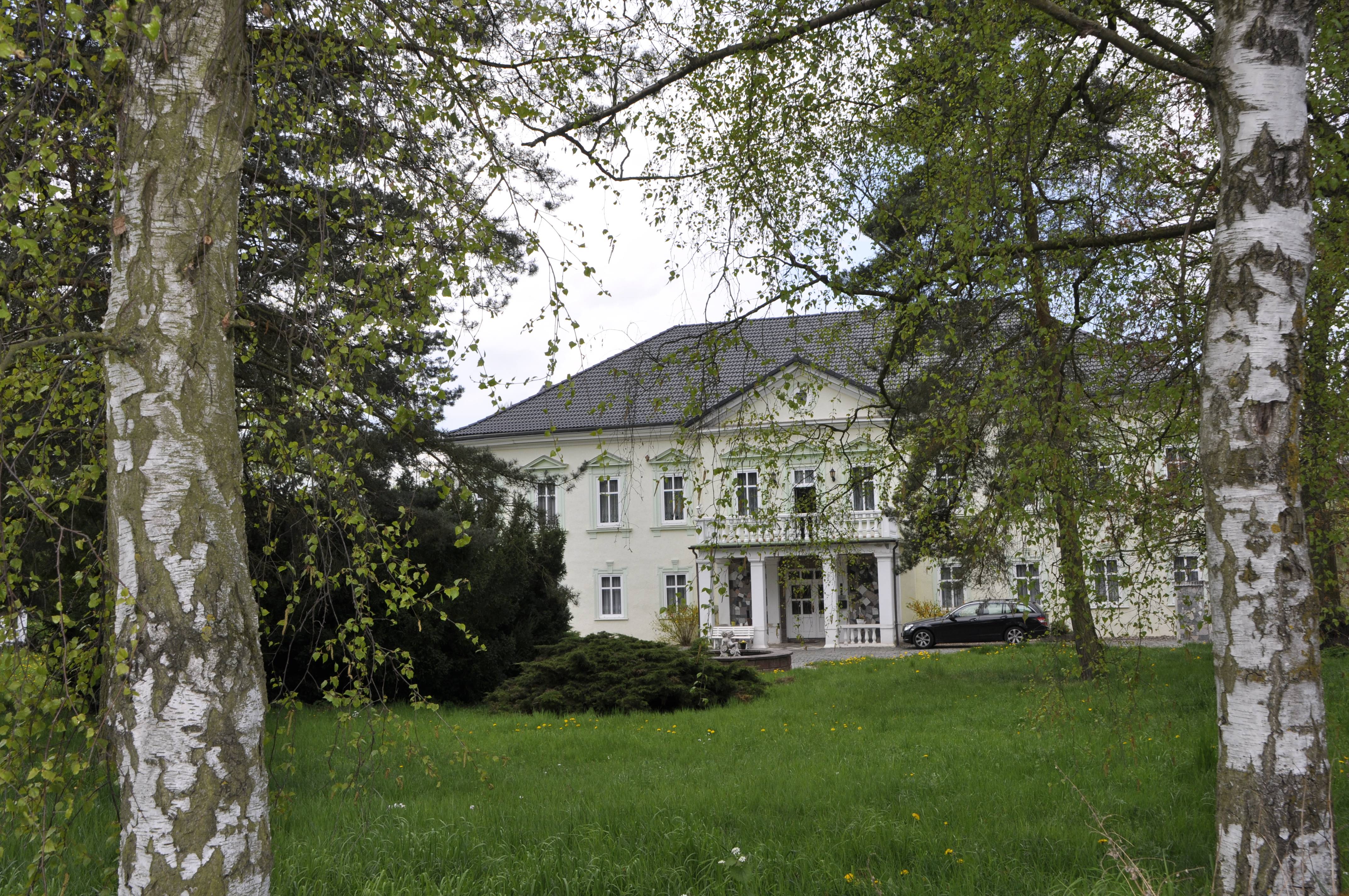Fröbel's Educational Theory
Fröbel was primarily an early childhood educationalist and developed serious, and for today’s school practice, highly topical ideas of child-orientated teaching. The aim of his integrated educational theory was the development of free-thinking, independent people.
He has been justifiably identified as an early developmental psychologist and one of the first members of the progressive education movement in Germany. His educational theory was based on content which today’s educational science and practice of psychology have begun to prove. Many elements of later-developed concepts, such as Montessori, Steiner, Freinet or Malaguzzi include Fröbel’s principles as a basic tenet.
The revolutionary foundation of his programme was the insight that education and upbringing cannot be prescribed from outside – through parents or teachers. Instead, children must acquire personal responsibility for themselves, above all through play in relative freedom. He believed that children are the drivers of their own development and require qualified accompaniment and support within their environment (for example through the provision of space and material) to allow their creativity and independence to develop. Fröbe's view was that child-raising should be seen as assistance towards self-development, orientated on the needs of the child.
At the heart of his educational theory, Fröbel considered play to be a typical child’s activity of crucial educational value. In Bad Blankenburg in Thuringia, he began to develop a variety of play materials that challenged children to design and experiment, as well as inspiring fantasy, training concentration and encouraging social relationships. The most well-known of these are the world-famous “Fröbel Gifts”: a sphere, cylinder and cube, which when divided, create building blocks. Together with assistance from adults, these elementary forms allow children to make their first insights into mathematical-physical relationships and logical structures.
Fröbel regarded character-focused, social and profession-centred training to be a requirement for the successful accompaniment from children during their developmental phases. To this end, he trained school and kindergarten teachers, and integrated parents, the community and the child’s social circle into a holistic support network. It was his theory that the education of a child is the shared responsibility of the family, kindergarten and school. He emphatically encouraged parents to foster and nourish their child’s games, believing that a child’s self-development through play can only be successful through the emotional attention and linguistic accompaniment of adults.
This theory of play is according to both Fröbel and today’s educational science, the most effective option for the self-education of young children, as both the child’s inner and outer worlds are united into a harmonious whole. Play as an instrument of education, according to Fröbel, should be used within the family, the kindergarten and partially in school lessons.
His dream for a united German movement for pedagogic reform in this sense is still yet to be fulfilled. Fröbel’s pedagogic ideas have been partially considered in only a few curricula. However, in recent years, new approaches have appeared in Thuringia, Saxon and Bavaria (see Fröbel Centres of Education in Thuringia).





 Marienthal Mansion, Schweina
Marienthal Mansion, Schweina